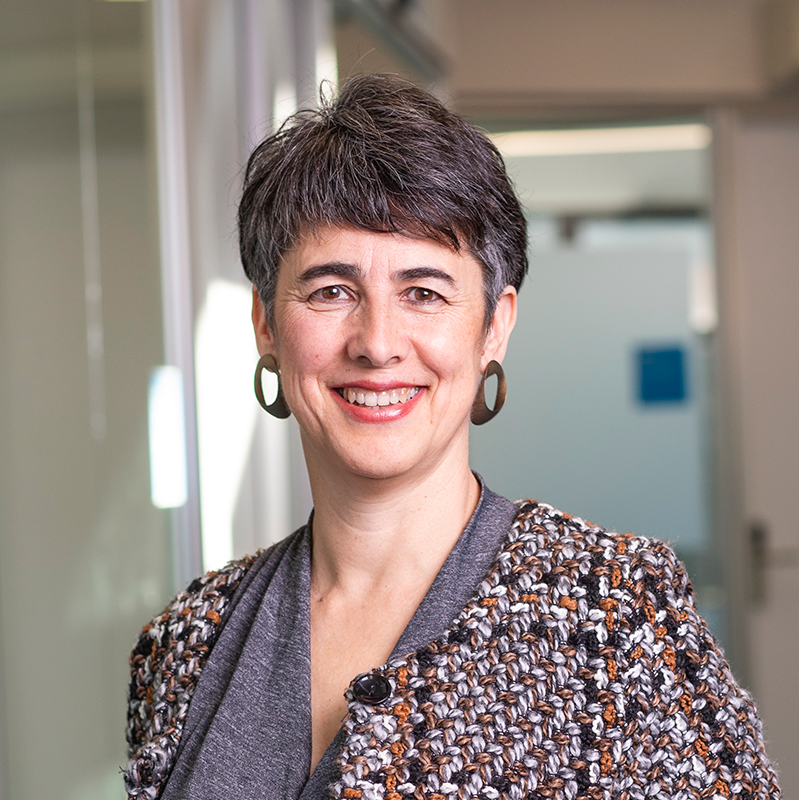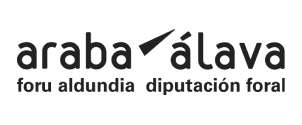I am writing this post looking back at what I have learnt about gender over the past few years, but above all, I am looking forward, thinking about the step I want to take on 8 March 2025: talking about feminism in action research for territorial development (ARDT).
The transformation of gender roles in our research
After years in social research without gender appearing on our agenda, I started to address this dimension with an Irish researcher based at the time in the United States. Like in the movies where characters open up to someone they meet at a bar, I found it easier to talk to her than in the research teams I was involved in. However, over time we opened up this dialogue in our ARDT teams and made it explicit in our publications.
On this shared path we recognised that our action research practice responds to a clear gender pattern when women action researchers take on a facilitating role and let the other participants take on the role of territorial actors. In these cases, our role is focused exclusively on care, through the generation of conditions for the actors to reflect, decide and act. Faced with this, we have fought, firstly, to make facilitation visible and give it value and, secondly, we have reclaimed our role as territorial actors. We are action researchers that facilitate, from our position as a territorial actors.
Female facilitation
In Orkestra there are twelve of us action-research facilitators who openly frame (part of) our work in the ARDT and eleven of us, i.e. 92%, are women. In our case, what Annemarie E. Groots said in a previous post is true: "women in particular are attracted to the art of facilitation".
Our first step was to realise that, empirically, our action research facilitation is female, in the sense that it responds to belief systems, attitudes and behaviours that are more frequently observed among women than among men. But we have done more than just notice and become aware. We have worked to transform this situation, to overcome the injustice to women, and to seek equal rights by recognising ourselves as full human beings.
But why, if the essence of action research is to transform this situation, have we never talked about feminism in our processes, apart from talking about the feminine?
The fear of declaring our facilitation as feminist
We have carried out this work to transform gender roles with a lot of respect and care, and with a clear awareness that we ourselves have internalised what we want to transform, with the burden of incoherence that this entails. It has undoubtedly been the subject on which, as a research team, we have given the most thought to how we were going to approach things. We have reread our texts, nuanced, reread and nuanced again. We have done so to the point that, beyond this respect and care, I have felt fear of doing it badly, of using inappropriate language, of not explaining adequately what I think and of not being understood, or worse still, of being misunderstood.
Following relevant contributions from feminism(1), we assume that our tendency to facilitate is a social and cultural construct, and we are not born facilitators, we become facilitators. The definition we use of facilitators, and especially our practice as facilitators, seeks social, political and economic equality. And we believe that we should all be feminists(2) and that feminism is for everyone(3). Yet this fear has prevented me from declaring that we are feminist researchers or that our research is feminist.
Another experience of fear in academia
This situation reminded me of a similar situation where I felt similar respect, care and fear. In the early 2010s, when we were taking the first steps to propose the ARTD framework, James Karlsen, a co-worker and friend, took me to visit Morten Levin, one of the leading figures in the field. I was so afraid of talking about action research in front of him and saying the wrong thing that I started using a term I had heard from another researcher before the meeting: "action research-inspired research". It seemed wiser to say that what I was doing was action research-inspired research than to say that I was doing action research. Moreover, I thought Morten Levin would appreciate my caution.
However, although I was not aware of why, he did not like the term, and every time I repeated it Morten Levin's irritation increased, until he said to me: "Why do you say action research-inspired research? You should never be ashamed to say that you are an action researcher!" Since that day I say I do action research and I am an action researcher.
I remember Morten often, and the better I get to know the different families of action research, the more I appreciate the reassurance he gave me to say that I was an action researcher. Over the years I have seen that not all action researchers recognise each other as action researchers.
It is our decision
The fear and caution that I had in my conversation with Morten Levin is something I see in our action research teams in relation to feminism in academia. In this case I have never gone so far as to say "research inspired by feminist research", although I have felt the same fear of saying something inconvenient and not being seen as a feminist researcher. However, with Morten I learned that it was not him, but me, who decided whether or not I was an action-researcher.
The facilitation of our action research is feminine, because it is still women in particular who are attracted to and practice this art. At the same time, by working to stop it from being feminine, our facilitation and action research is feminist. We decide.
- (1) Beauvoir, Simone de. El segundo sexo. Editorial Fondo de Cultura Económica, 2009.
- (2) Adichie, Chimamanda Ngozi. We should all be feminists. Editorial Lumen, 2015.
- (3) Hooks, Bell. Feminism is for everyone. Editorial Traficantes de Sueños, 2007.

Miren Larrea
Miren Larrea is Senior Researcher at Orkestra. She began her professional career as a research assistant at the University of Deusto, where she wrote her doctoral thesis on the local production systems of the Basque Country. After a decade dedicated to teaching and research, she worked for six years at a local development agency, where she combined her experience as a regional development professional with her work as a university researcher.













